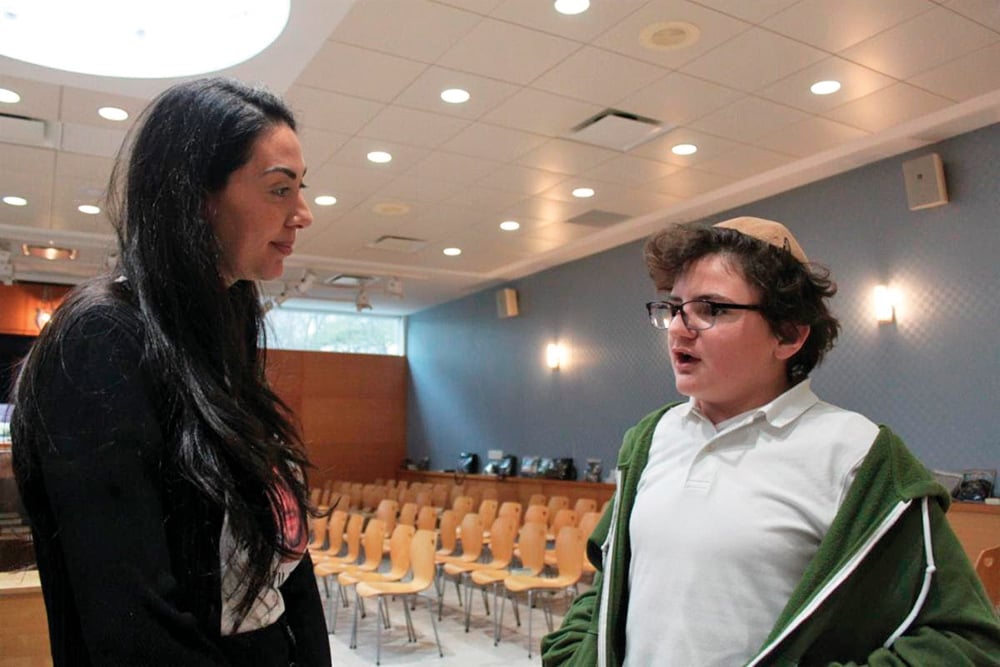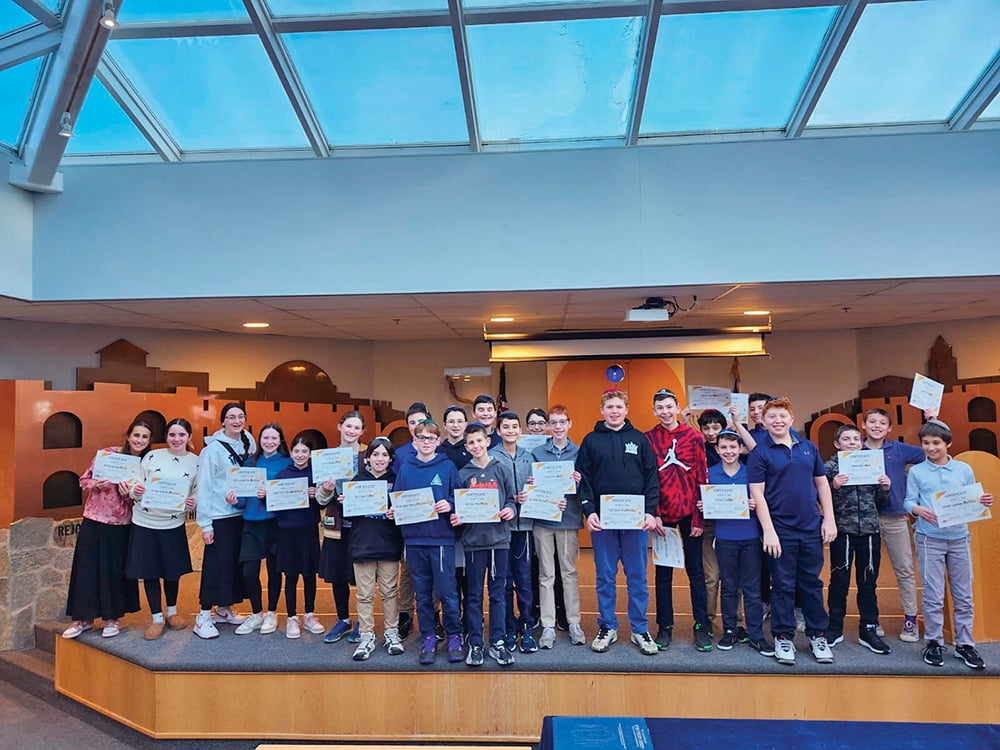May these words of Torah serve as a merit le’iluy nishmat Meira Chaya Nechama Beracha, a”h, bat David Mordechai, sheyichye.
You prayed Tefillat Haderech and the words were not coming out clearly. Should you cancel the trip?
Our daf introduces the wayfarer’s prayer. Eliyahu Hanavi told Rav Yehudah, the brother of Rav Sala Chasida, “When you set out on a journey, ask for permission from your Creator and then go out.” The Gemara asks, “What is the meaning of asking permission from your Creator for a trip?” Rav Yaakov answered in the name of Rav Chisda that this refers to the prayer of the travelers. The Gemara then explains that a traveler is often in danger due to armed robbers and wild beasts on the trails, and should say, “May it be Your will, Hashem, my God, that You lead me in peace, and watch my steps in peace, and support me in peace, and save me from every enemy and ambusher on the way, and send a blessing to my actions and make me a person who finds favor in Your eyes and in the eyes of all who see me. Blessed are You, Hashem, who listens to prayer.” Abaye adds to this lesson that one should not pray in the singular tense. Rather, he should phrase his wishes as national pleas, for the merit of the community will help generate the granting of the requests.
The Tzlach (s.v. Hamleich) derives a novel understanding from the unusual formulation of Eliyahu’s directive. Eliyahu should have stated that if one travels, one must pray. Instead he said that one should get permission when planning to embark on a journey. How is the prayer regarding a request for protection a form of a request for permission to travel? How does the traveler know whether Hashem is encouraging or discouraging the trip? Tzlach answers with Gemara Brachot (34b) that states that Rabbi Chanina Ben Dosa would say, “If my prayers flowed freely from my mouth then I knew they were accepted and if I found it hard to find the words then I knew that the prayers were rejected.” So it is with a traveler. If the words of Tefillat Haderech flow easily, he should set out on his journey. However, if he finds himself forgetting words, he should turn around and remain at home. Tzlach adds that this idea was proposed by Shelah Hakadosh and the Elya Rabba. Tzlach then suggests that perhaps there is a difference between Rabbi Chanina Ben Dosa and the rest of us. Rabbi Chanina Ben Dosa was a great giant and worthy of receiving instant feedback from Hashem regarding his requests. Most of us do not deserve such clear guidance from the Almighty. If the words do not flow easily, we cannot assume that the request is being denied. If one prays in the plural tense and the words flow smoothly, it does not confirm that his request was accepted. He prayed for many others and the plea may be accepted for another rather than for him. The same is true if one prays for the group and the words do not formulate easily. This does not substantiate that his plea is being rejected. Perhaps the request on behalf of one who was included in his words is being rejected and that is why the prayer is not emerging effortlessly. Tzlach suggests that Abaye demanded that the traveler’s prayer be formulated in the plural terminology in order to create the merit of the community and add the power of the tzibur to the request.
It emerges that there is an argument between the Tzlach and the Elya Rabba. According to the Elya Rabba, any traveler, either the one who phrases the prayer in the singular tense or the one who phrases the prayers in the plural tense, whose prayers do not flow easily is receiving a Divine message that he should refrain from embarking on the trip. On the other hand, according to the Tzlach, if a great tzadik were to pray in the singular tense and find that the words did not flow easily, he could assume that this is a Divine message that the prayers are being rejected and should not head out. However, most of us are not great tzadikim. We are in need of communal merit and are to follow the guidance of Abaye and phrase the wayfarer’s request in the plural tense. Since we are praying in the plural tense, we are asking for many others. Whether the words come out smoothly or not does not verify what Hashem is informing us regarding our prayer. He may have allowed the words to flow for the sake of someone else or may have impeded words due to another’s condition.
Practically speaking, if you find yourself floundering and forgetting the words of Tefillat Haderech, Elya Rabba suggests you cancel your trip while the Tzlach maintains that you have no reason to do so since we all phrase our traveler’s prayer in the plural tense. (Chashukei Chemed)
Rabbi Zev Reichman teaches Daf Yomi in his shul, East Hill Synagogue.













